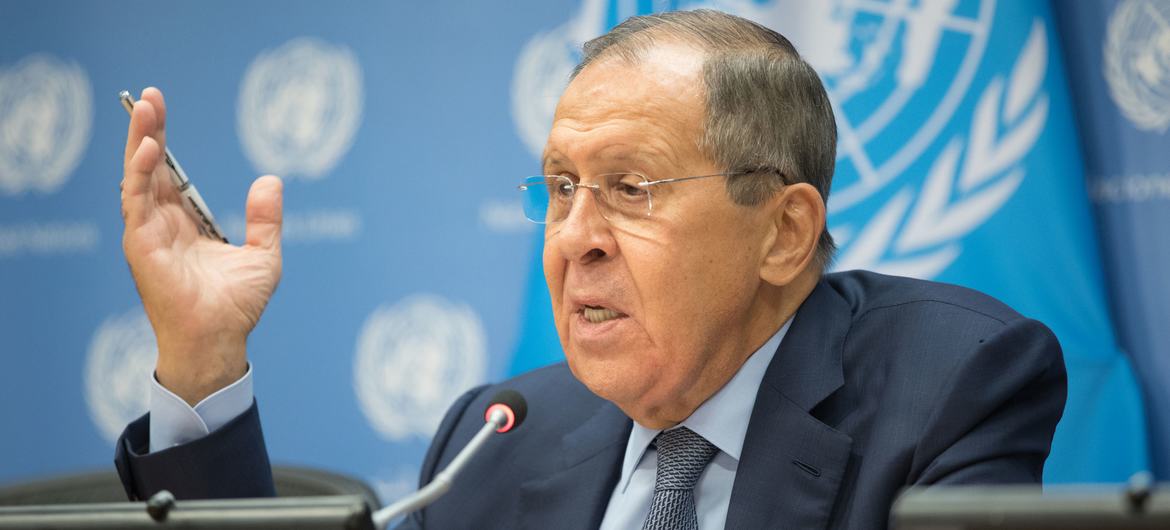Security Guarantees and Territorial Demands in Ukraine Negotiations

Lavrov emphasized that any security guarantees offered to Ukraine must include Russia as an active party. He suggested forming a "guaranteeing group" that includes members of the UN Security Council (including Russia) along with Germany and Turkey. This request reflects Moscow's desire to:
participate in shaping Ukraine's future security arrangements, prevent Ukraine from becoming a Western military base, and affirm Russia's role as an active regional power even after the war.
Lavrov insisted that Ukraine must be "neutral and not aligned with any military bloc." This condition means rejecting any possibility of Ukraine joining NATO and preventing the deployment of Western troops or weapons on Ukrainian territory while maintaining Ukraine as a buffer state between Russia and the West.
Lavrov mentioned the condition of "protecting Russian speakers in eastern Ukraine," explicitly referring to the "necessity of discussing territories." This phrase hints at legitimizing Russia's demands for the Donetsk and Luhansk regions and the possibility of claiming additional areas with a Russian-speaking majority, using the ethnic dimension as a pretext for territorial expansion.
U.S. Vice President J.D. Vance claimed that Russia made "significant concessions," but Western sources indicate that Putin's demands still include the complete concession of Donbas and a final abandonment of NATO membership.
These demands come at a time when the United States continues to support Ukraine militarily and politically, while Europe is divided between those advocating escalation and those calling for negotiations, and Russia is using time as a weapon to drain Western support.
Real opportunities for peace face major obstacles such as Ukraine's rejection of any territorial or sovereign concessions and the Western divide between those who see negotiations as betrayal and those who consider them a necessity, along with the Russian mood of clinging to battlefield achievements as bargaining chips.
The Russian rhetoric has not fundamentally changed, but it has become more organized and diplomatic. Moscow realizes that time may not be on its side forever, so it is trying to convert its battlefield gains into permanent agreements.